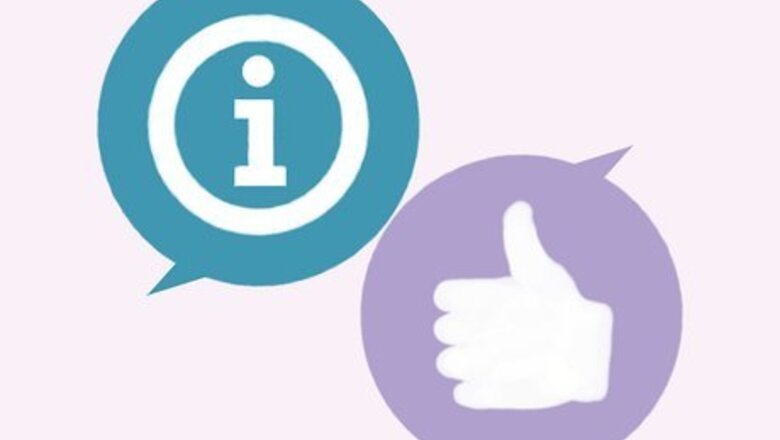
views
- “Thanks for the heads up” is a polite phrase to express gratitude for a warning. It’s another way to say, “thank you for letting me know about something in advance.”
- If a stranger, close colleague, or loved one provides you with helpful information, reply with “thanks for the heads up” to communicate your appreciation.
- In the workplace, the phrase “thank you for letting me know” sounds more professional, especially if you’re speaking to a boss or manager.
Meaning
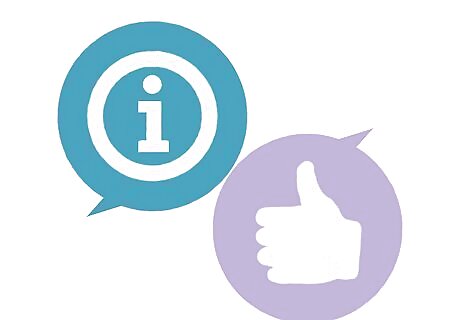
“Thanks for the heads up” is used to express gratitude for a warning or tip. If someone gives you information that helps you better prepare for an event, respond with “thanks for the heads up” to share your gratitude. It’s a polite and friendly way to say, “thank you for letting me know about something in advance,” and it can be used in casual and professional settings. In general, a “heads up” is an advance notice of something that will require extra attention. The phrase "thanks for giving me a heads up" means the same thing as "thanks for the heads up," but the latter is more commonly used.
When & How to Use It

Reply with “thanks for the heads up” when someone helps you out. Did your bestie just tell you about a pop quiz? Or, did a cashier warn about an upcoming storm? If a stranger, colleague, or loved one gives you helpful information, thank them by saying “thanks for the heads up.” It’s a simple way to acknowledge their efforts and make sure their kindness doesn’t go unnoticed. Them: “Don’t forget about David’s graduation party on Friday!” You: “Omg, I almost forgot about that. Thanks for the heads up!”

Use “thanks for the heads up” to show gratitude in the workplace. If your colleague reminds you about an upcoming meeting, warns you about a difficult client, or gives you advice about a project, let them know how much it means to you! Write them a thank you letter or shoot them a quick message to communicate your appreciation, and try to be specific about how their help made a difference. Them: “FYI. Boss is in a terrible mood this morning, so don’t enter the office unless you’re finished with the report.” You: “Noted, thanks for the heads up.”
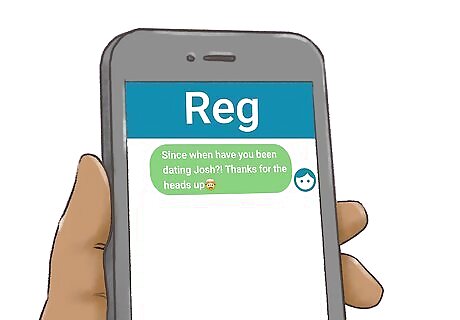
Say “thanks for the heads up” to be sarcastic and silly. When a close friend, family member, or colleague forgets to tell you about something in advance, use “thanks for the heads up” to sarcastically thank them. It’s the perfect one-liner to break any tension and show off your sense of humor. Just make sure you throw in a smile (or emoji) to let the other person know that you’re joking. “Wow, I didn’t realize we were supposed to wear black today. Thanks for the heads up.” “Since when have you been dating Josh?! Thanks for the heads up????” “Omg, I was the only person there for 30 minutes because I thought you guys already arrived. Thanks for the heads up????”
Related Phrases

Thanks for the information. If a close colleague or loved one gives you helpful advice (or a warning), use the phrase “thanks for the information” to express gratitude. It’s short, sweet, and simple, and lets them know that their message was useful. Them: “By the way, the customer in the red is being super rude to everyone, so prepare yourself mentally.” You: “Oh no. Thanks for the warning.”

Thank you for letting me know. If your boss informs you about new changes in the workplace or things you can improve on, respond with “thank you for letting me know” to be polite. It’s a formal way to acknowledge what they're saying, while still remaining friendly and professional. Them: “We are starting a new account next month, so I wanted to remind you to check for typos before submitting the creative brief. I noticed a few in your previous presentation.” You: “Thank you for letting me know. I will definitely look over the brief and run it through a grammar extension before I turn it in for all future projects.”

You’re a lifesaver! When someone truly goes above and beyond to help you out, use this phrase to show them your appreciation. It’s the most thoughtful and caring way to communicate your gratitude, and it’ll definitely help you develop a deeper bond. “I’m pretty sure I aced the exam because of the tips you gave me, so thank you so much! You’re a lifesaver????” “Thank you so much for helping me with my interview. They asked me the exact same questions you mentioned, so I’m feeling pretty good. You’re a lifesaver!” “I bought a cooling towel after you warned me about the heat in Texas. It’s literally the best thing I’ve ever purchased. Your advice was life saving!”
Origin & Spread

“Heads up” was a popular military phrase in the 18th century. During the American Revolutionary War, sergeants used the phrase “heads up” to remind their soldiers to straighten their body and hold their heads high while marching. Metaphorically, it also served as encouragement to remain strong and courageous on the battlefield, despite the harsh realities of war. The phrase was featured in the 1780s comic theatrical song “John Bumpkin Upon Drill,” where the main character says, “It were enough to make a cat laugh, to see sarjeant drilling me—‘Heads up! Higher! Still higher!’”
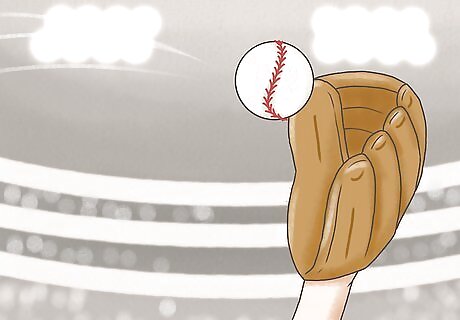
In the 20th century, “heads up” became a baseball command to stay alert. Around the turn of the 20th century, the phrase “heads up” was used to keep the fielding team ready for a ball to come into play. It also referred to a successful style of baseball, where players were able to remain confident in their abilities and keep control in high-pressure situations. In a 1904 article in the Philadelphia Inquirer, New York Giants catcher Roger Bresnahan recounted how he told his team, “heads up, now!” before they turned a triple play.
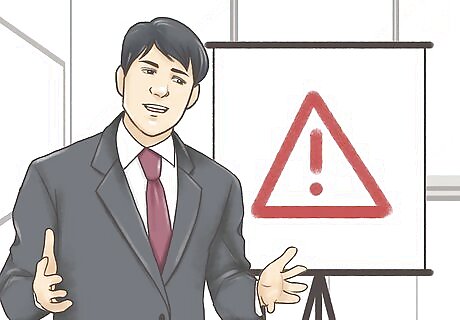
By the 1970s, “heads up” became synonymous with “a warning.” During this time, the phrase became increasingly common in politics and business as a way to warn people about an upcoming issue. Offering a “heads up” became common courtesy in the workplace, but it also became a tactic to preserve someone's job. Since the phrase is used to give advance notice, it minimizes major fallout from a potential problem. In 1979, the Washington Post used the phrase “heads-up alert” to describe a warning by intelligence officials regarding unauthorized diplomatic contacts. In 1996, Fortune magazine claimed the phrase “heads up” was a strategy to “deflect criticism, soften reaction, and prepare executives for bad news.”




















Comments
0 comment